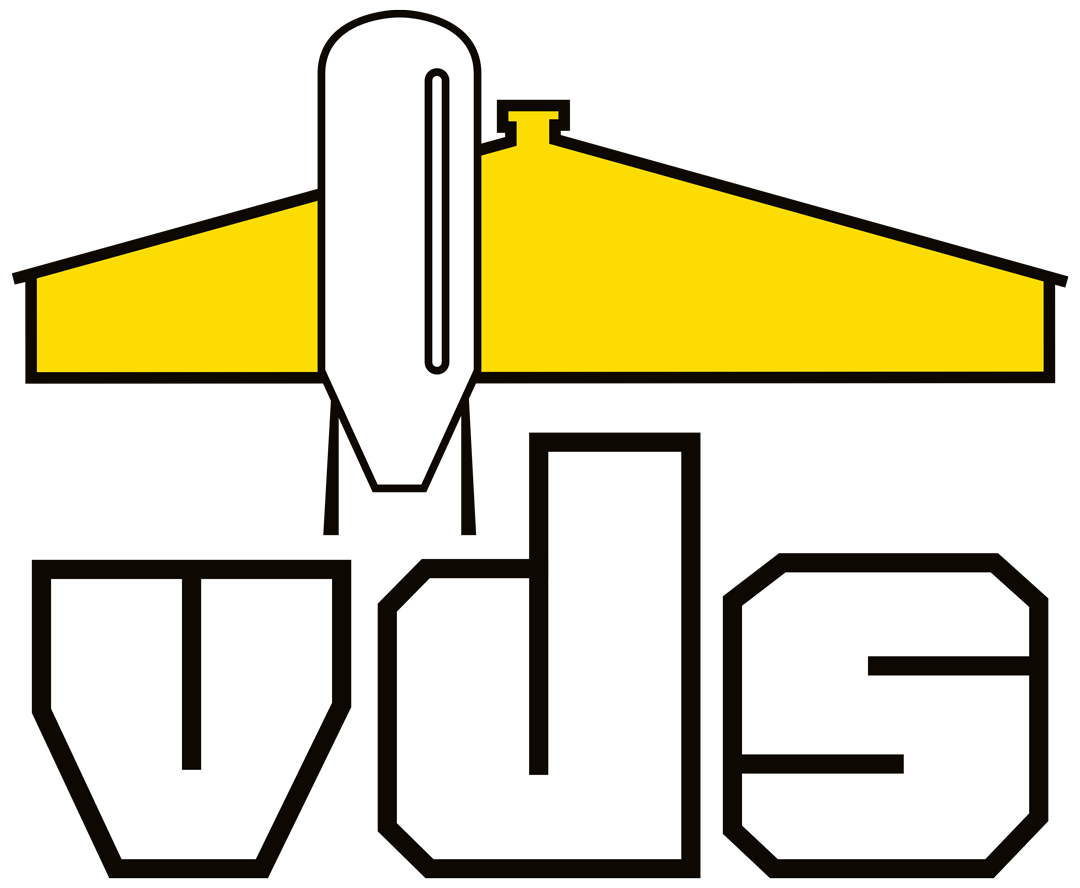African adventures: the feed mill in Burundi
Did you know that VDS Premix was engaged in business activities in Bujumbura, Burundi until 1998? Bart Buytaert came here in 1992 in the capacity of production manager to provide technical support to a local feed mill, Alcovit, which was threatening to go bankrupt. After eight months of fighting a losing battle, Bart was appointed director and set out to make the feed mill profitable again by focusing on the production of high-quality feed. This blog tells the astonishing story of how a passionate VDS employee turned a factory in a country with access to only very few resources into a success story.
Burundi: a country faced with many difficulties
Burundi went through some very difficult times in 1993 and 1994. In 1993, President Melchior Ndadaye was assassinated. This was followed by a coup and a civil war, while the genocide in neighbouring Rwanda in April 1994 resulted in numerous deaths. Obviously, securing the economic growth of the feed mill under circumstances as threatening as these was no easy task.
The sale of cattle feed in Burundi was difficult because the selling price of feed on which 20% VAT was imposed was more expensive than feed from the informal sector. VDS staff demonstrated that this price increase resulted in additional expenses for the farmers (the end users of the feed) and also kept them from purchasing feed of a better quality. This obviously did benefit national production. The price increase was eventually reversed thanks to the efforts of VDS.
People need to eat, and their cows and chickens fed
Bart managed to increase the production of the feed mill by twofold after one year, and succeeded in making the company profitable again after three years (in 1995). VDS endeavoured to reduce shipping costs and made creative use of locally sourced raw materials, without compromising on quality.
Locally sourced raw materials
Because import was virtually impossible in this period, Bart had to rely exclusively on whatever could be procured locally. Although the raw materials here were of a decent quality, they could be significantly improved with only a few optimisations. Dried fish were added to the cotton meal, and soybeans were toasted at a large coffee roasting company during the weekend. Maize and sorghum presented no problems, while a large rice husking plant provided rice bran. Bones (a source of calcium and phosphorus) were procured from a slaughterhouse, and roasted on grids over peat blocks, which were used as a substitute for charcoal. Moreover, Bart ground dolomite rocks all by himself at a glass factory. Ultimately, it was possible to import wheat bran from Zambia by sea or over land.
Shipping by sea and road
In addition, the feed mill imported only premixes and amino acids. In Burundi, goods are mainly imported by sea freight and road transport. Unfortunately, this is a very expensive method of shipping. For this reason, the concentrated premixes were shipped to Burundi by air freight.
A story of daring and doing
Bart’s technical insight ultimately led to enormous improvements in the quality of the feed. He made the factory profitable again, which meant that the feed was back on the market in no time.
“Sometimes, you have to think outside the box. Be flexible, tap into small markets, build relationships based on trust and maintain them. In many cases, this will help you get ahead much faster than selling large quantities with little profit.” – Bart Buytaert
After making the feed factor A story of daring and doing y profitable again, Bart started a poultry farm with a Burundian partner. In 1998, Bart called it a day, because the security situation in Burundi was not improving. Still, VDS could not let go of its international ambitions and has been working hard on global growth ever since. Not only has VDS Premix been offering full-scale support to a feed factory in Cameroon since 2007 – as well as in Armenia, India and Central Asia – it is also known all over the world as a renowned producer of animal-specific custom-made premixes and additives.
A second feed factory Cameroon which soon be built under our supervision. Bart has been working hard on this for several years now. More about this later!


